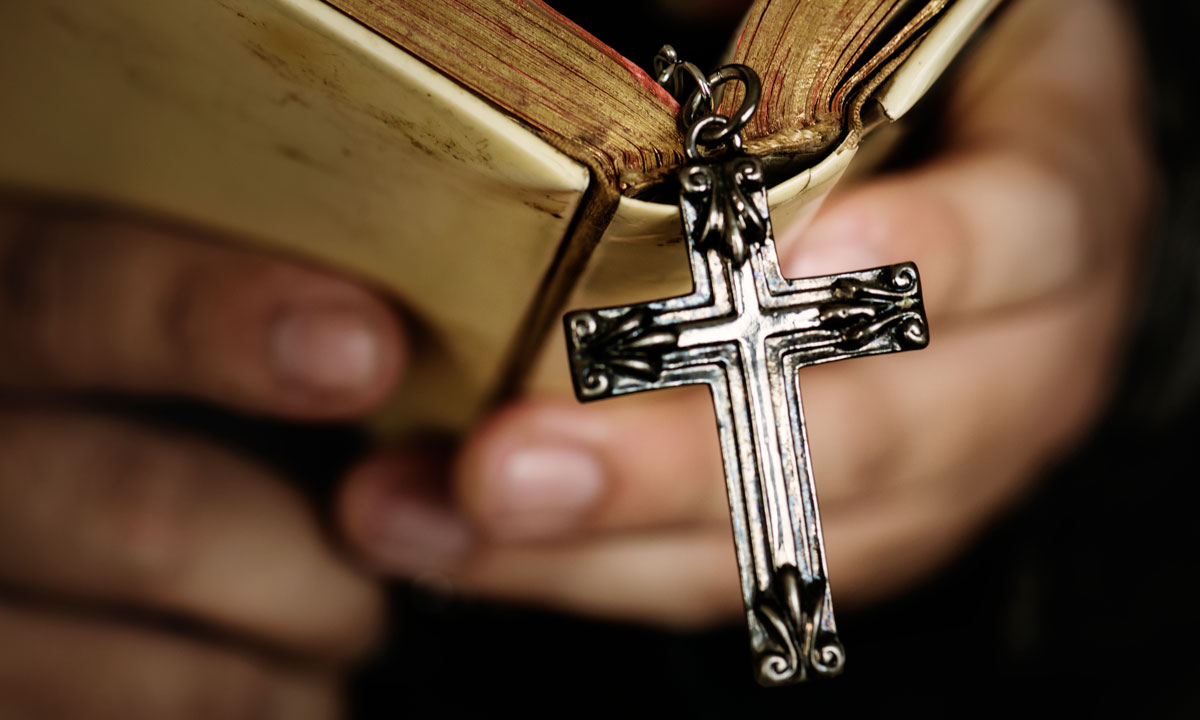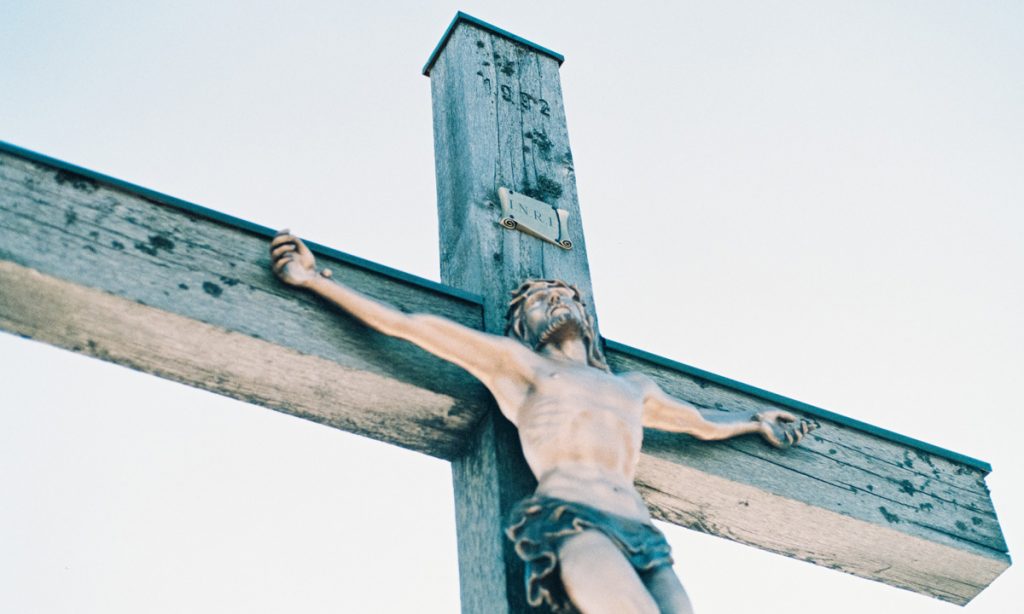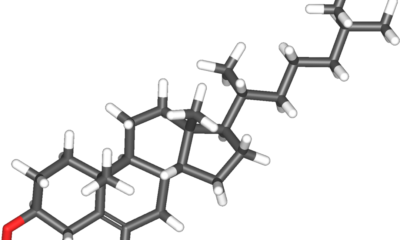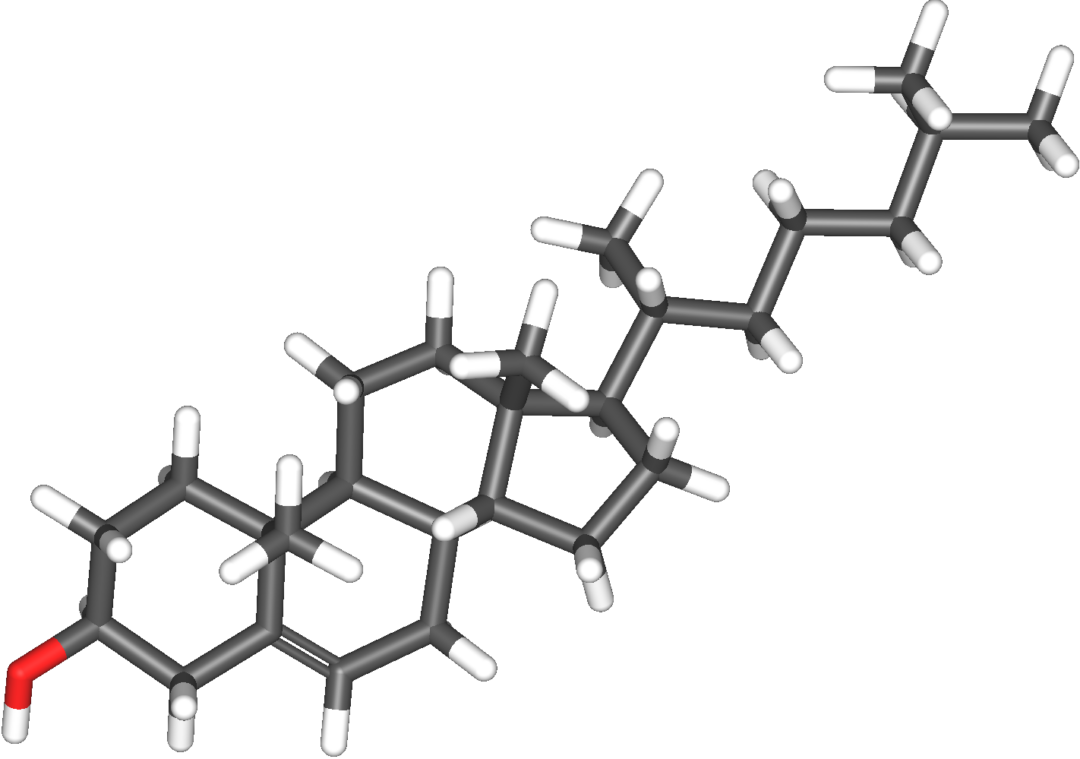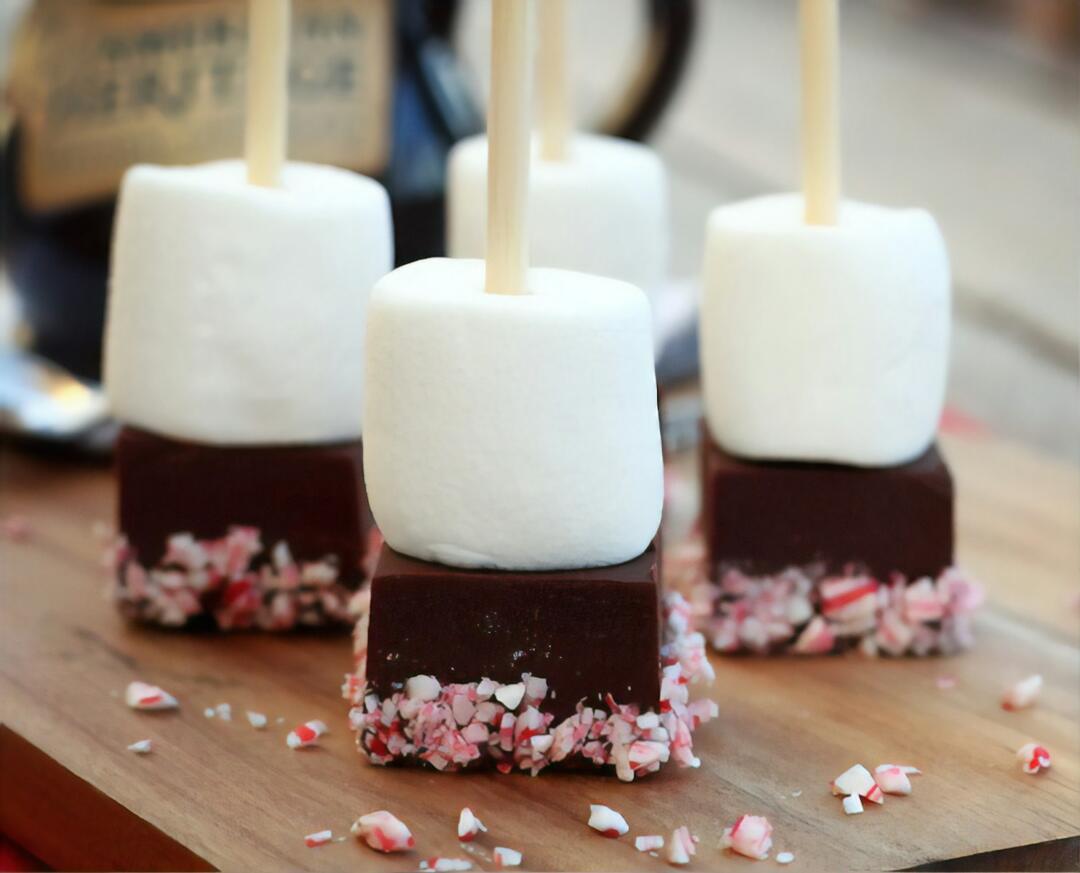Despite the massive investment by some in the industry, outdoor grows are the healthier, cleaner option
Like fruits and vegetables, outdoor floors yield the richest flavor and the least expensive products. The same can be said about cannabis, outdoor marijuana grows are better all the way around. When the industry started becoming legal, hundreds of millions were invested in indoor grow with the assumption cost per pound would stay high. Companies like Tilray built massive indoor grows, but over time they have caused expensive upkeep, high consumer prices, and upset neighbors. And do they produce the best cannabis? By leveraging natural resources like sunlight and soil, this method reduces environmental impact, enhances product quality, and fosters community harmony.
RELATED: Music Is A Turn On Like Sex And Marijuana
Outdoor cannabis cultivation drastically lowers greenhouse gas emissions compared to indoor growing. Research shows outdoor farming can emit up to 50 times less carbon dioxide than indoor production, which relies heavily on artificial lighting, air conditioning, and dehumidifiers. Additionally, outdoor grows eliminate the need for energy-intensive equipment, reducing electricity consumption and promoting sustainability. Water conservation is another key advantage; outdoor farms often use natural rainwater or precision watering techniques, minimizing waste. Furthermore, the absence of chemical fertilizers in many outdoor setups helps protect local ecosystems from pollution.

Outdoor growing is more cost-effective for both producers and consumers. It eliminates expenses associated with indoor cultivation—such as high electricity bills and specialized equipment—making cannabis more affordable. For home growers, cultivating outdoors fosters a connection with nature while empowering individuals to produce their own medicine sustainably.
Sun-grown cannabis benefits from exposure to full-spectrum natural light, enhancing its terpene profiles and cannabinoid production. This results in richer flavors, aromas, and potency that indoor setups struggle to replicate. Outdoor cultivation also allows plants to grow larger and healthier due to unrestricted space and access to diverse soil nutrients. This translates to higher yields and better-quality products for consumers. Additionally, outdoor-grown cannabis often develops unique characteristics influenced by the local terroir, offering a diverse range of experiences akin to wine production.
Outdoor marijuana farms are less disruptive to neighborhoods compared to indoor facilities. Indoor grows often require extensive infrastructure upgrades, leading to increased energy demand and noise pollution from machinery. There has been an uprising by some local governments about the grows.
RELATED: The Science Behind Why Music Sounds So Much Better When You’re High
In contrast, outdoor farms blend harmoniously with their surroundings, relying on natural processes rather than artificial systems. Moreover, outdoor cultivation supports local biodiversity by integrating companion plants that deter pests naturally and enrich the soil.
While outdoor cultivation is environmentally friendly, it poses challenges such as susceptibility to pests and weather fluctuations. However, solutions like greenhouses can provide controlled environments while retaining the benefits of natural sunlight. Choosing resilient strains adapted to local climates further ensures successful harvests.

 Cannabis News2 years ago
Cannabis News2 years ago
 One-Hit Wonders2 years ago
One-Hit Wonders2 years ago
 Cannabis 1012 years ago
Cannabis 1012 years ago
 drug testing1 year ago
drug testing1 year ago
 Education2 years ago
Education2 years ago
 Cannabis2 years ago
Cannabis2 years ago
 Marijuana Business Daily2 years ago
Marijuana Business Daily2 years ago
 California2 years ago
California2 years ago


